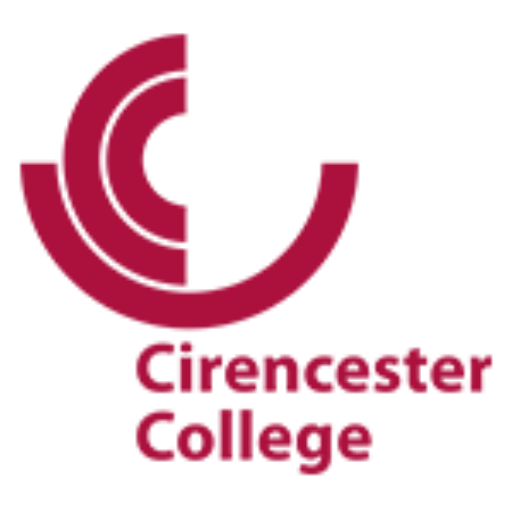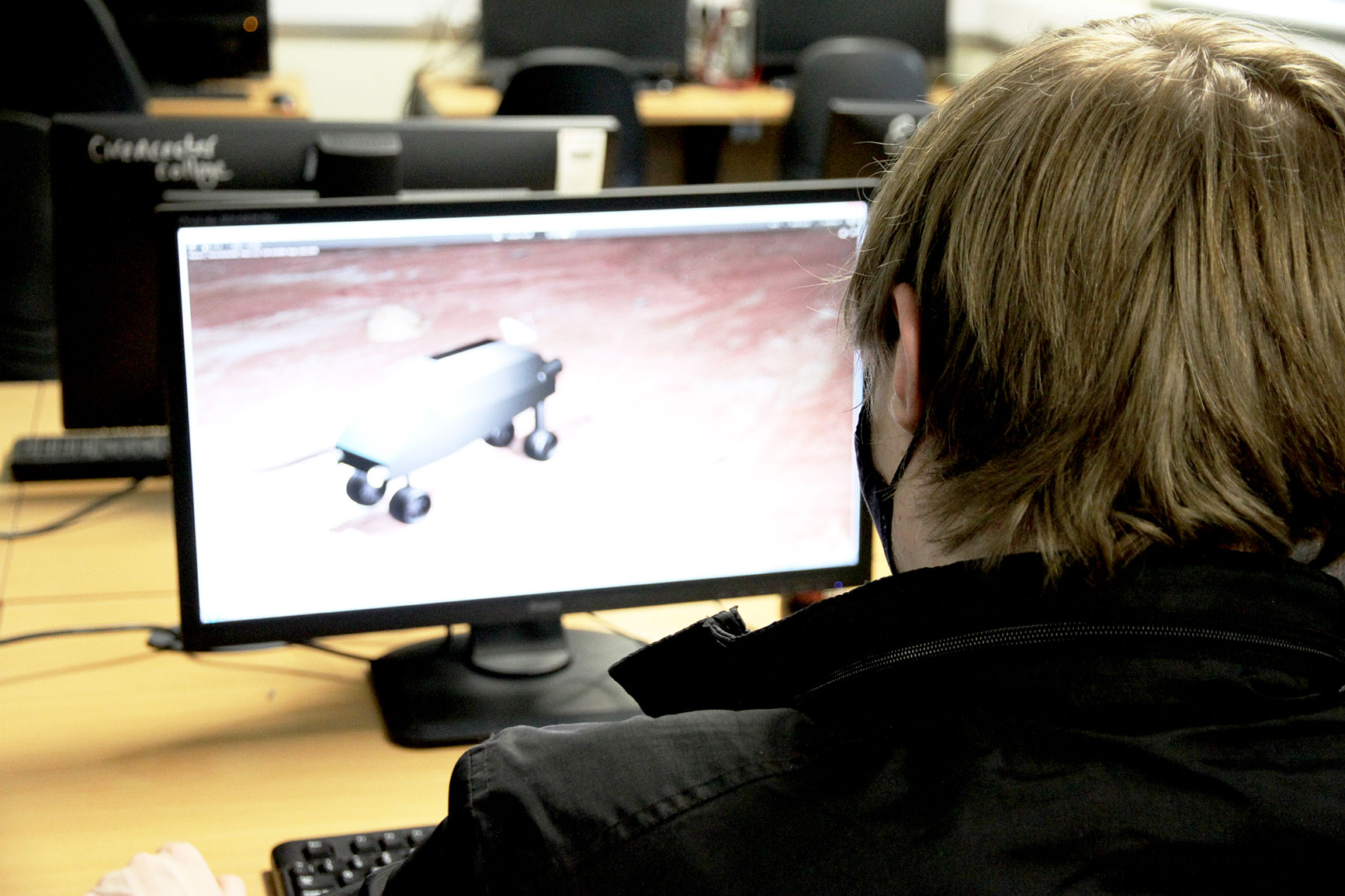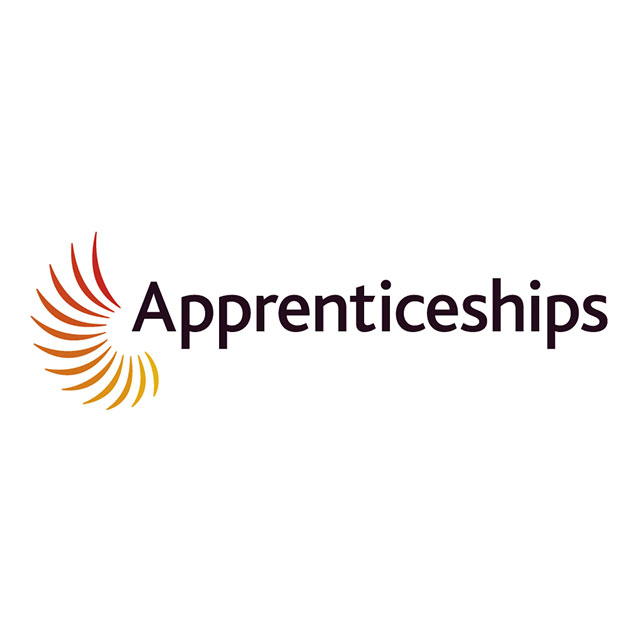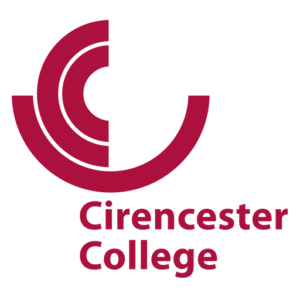DO NOT DELETE OR EDIT THIS ROW OR ITS CONTENTS

Do you enjoy coding and solving problems? If so this T-level course is for you. Programming and problem-solving are some of the most sought-after skills in the IT industry. Whether you enjoy solving problems or coding for apps and games, this course can open the gate for you into this fantastic rapidly expanding industry. In this qualification, you will learn to code in a range of different languages and understand how organisations develop software within the industry.
What will I study in Digital: Software Development, Coding & Games Development?
This core part of the qualification will give you a baseline understanding of the industry. It covers a range of areas, giving you a vital underpinning knowledge and understanding of concepts and the skills that you’ll need in this sector. You will also complete an "Employer Set Project" as part of this Core.
The core elements of digital will cover a host of themes including the following:
1. Problem solving
2. Introduction to programming
3. Emerging issues and the impact of digital
4. Legislation and regulatory requirements
5. Business context
6. Data
7. Digital environments
8. Security
In addition, the employer set project will test you on a host of skills including software and design development, testing and implementation. If you enjoy the challenge of problem solving by software, be it enabling secure banking or creating a games app for a mobile device, the process of project planning you’ll learn will put you right at the cutting edge of current thinking.
The specialist elements of digital will cover developing your programming skills:-
- Planning a project
- Identifying and fixing defects in existing code
- Designing a solution
- Developing a solution
- Reflective evaluation
Entry Requirements
At least 5 GCSEs at Grade 4 or above from the basket subjects. A course specific entry requirement is that you have a Grade 5 in GCSE Maths and a Grade 4 in English Language.
There is no requirement to have completed GCSE Computing, but for students who did take this course, the entry requirement is a minimum of grade 4.
What is the T-level industry placement?
The Industry Placement
Your industry placement gives you a great opportunity to put your learning into practice and develop your technical skills and knowledge for the industry your placement is in. It will help you to progress once you have finished your T-level, whether that is directly into employment, an apprenticeship, or more education.
This is a compulsory part of your T-level, and you must complete it to get your T-level certificate. You will spend a minimum of 315 hours on your placement, or 750 hours for Childcare and Education T-level students.
How will I learn?
You will learn the core knowledge that underpins most jobs in the digital industry and you will also develop occupationally-specific skills that will allow you to enter skilled employment within the software design and development industry. In addition to the minimum of 45-day work placement in the industry, you will be trained and guided, by our expert staff, as you work on a set of exciting projects outlined by employers in the industry so as to develop your technical and professional skills further.
Problem solving and coding skills are central to this qualification. You will learn to code in two different languages.
How will I be assessed?
The core is assessed with two exams which are externally marked. Both are two hours long. Learners are also required to complete an employer set project task as part of the core.
The Occupational Specialism Assessment (OSA) will be assessed by assignments which are completed under control assessment conditions.
All learners will complete a 45 day industry placement as part of their course. This can be completed with one or two employers. The placement can be a day release or over a number of weeks as a block placement. Learners must pass the industry placement. Learners will complete their placement in years 1 and 2.
You’ll work with employers to help develop your understanding of the sector and the jobs available within it. The substantial placement allows you to immerse yourself in the professional world and see your classroom work in practice and also gives you the experience to bring back to college to help your deeper understanding. We’ll prepare you for work, but you’ll also reflect on your experience so you really develop.
Any trips?
Learners will visit a range of organisations to see how digital technology is used in industry.
Are there any costs involved?
There are no additional costs however learners would benefit from having access to a laptop of computer at home.
FAQs
•Software Development Technician
•Junior Developer
•Junior Web Developer
•Junior Application Developer
•Junior Mobile App Developer
•Junior Games Developer
•Junior Software Developer
•Junior Application Support Analyst
•Junior Programmer
•Assistant Programmer
•Automated Test Developer.
The work placement will be over 45 days. You will have the opportunity to work with one or two employers within the IT industry. Your work placement could be a day release or a number of weeks. We work with many organisations within the IT industry and will help you find a suitable placement. This is a fantastic opportunity to gain skills using the latest technology.
We ask for 5 grades 4’s including maths and English but would recommend that you have studied GCSE Computer Science if you are considering enrolling on the Digital Design and Production T-level.
It’s really important you do your research and have an interest in a career in the digital sector. Whilst we appreciate not everyone at a young age knows exactly what they want to do next we would not recommend these courses if you have no idea what you want to do. These courses have been designed to prepare you to work in a specific sector of the digital industry.
Over 80 Universities currently accept T-levels. The T-level Digital qualification is equivalent to UCAS points however please keep in mind that T-levels have very much been designed to prepare learners to work in a specific sector of IT.
A T-level is a full-time programme equivalent to 3 A-levels – it is not possible to study any other course alongside a T-level
Awarding Body
Pearson
Available As
[168 UCAS pts. available]

Add to Application
What can I do after I have taken this course?
Available As
[168 UCAS pts. available]

Add to Application

DO NOT DELETE OR EDIT THIS ROW OR ITS CONTENTS
What the students say
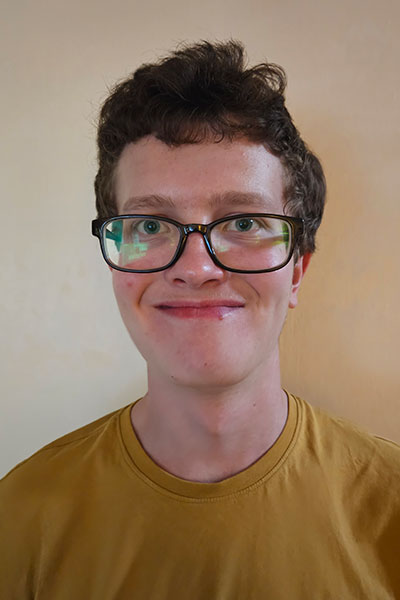
”Ben studied Digital: Design, Production and Development as part of our second cohort of T-level students between 2021-2023. He did his industry placement at Savient, a software development and consultation company based in Cheltenham. He had a number of responsibilities, such as working on outreach projects, creating websites, and developing software that the company would take into schools to teach students about careers in IT. “I think my work placement has prepared me very well for a career in the industry”, said Ben, “I have learnt how to apply what I’ve learnt in class at work, and build on key skills such as communication.” Ben achieved a Merit in his T-level and has since started a Level 4 Software Development apprenticeship at Savient.
Ben
”Eamon is a Year 2 student currently studying Digital: Design, Production and Development. He chose the T-level because he enjoys programming, and wanted to do a course that would prepare him for work, but also for university. Eamon has completed industry placements at St James’ Place and Renishaw, where he worked on programming, excel and phishing campaigns. Speaking on his time on placement, Eamon said “At first, I found asking for work tricky, but I soon knew who I had to ask and found the confidence to do so. Placement also helped me develop my time management, communication, and organisation skills.” Eamon is now looking forward to his next steps after College!
Eamon


”I like focusing on one course, studying it and practicing right away. In my opinion it is the best way to learn and memorise. I love the course because I have a passion for the industry.
Margaryta

